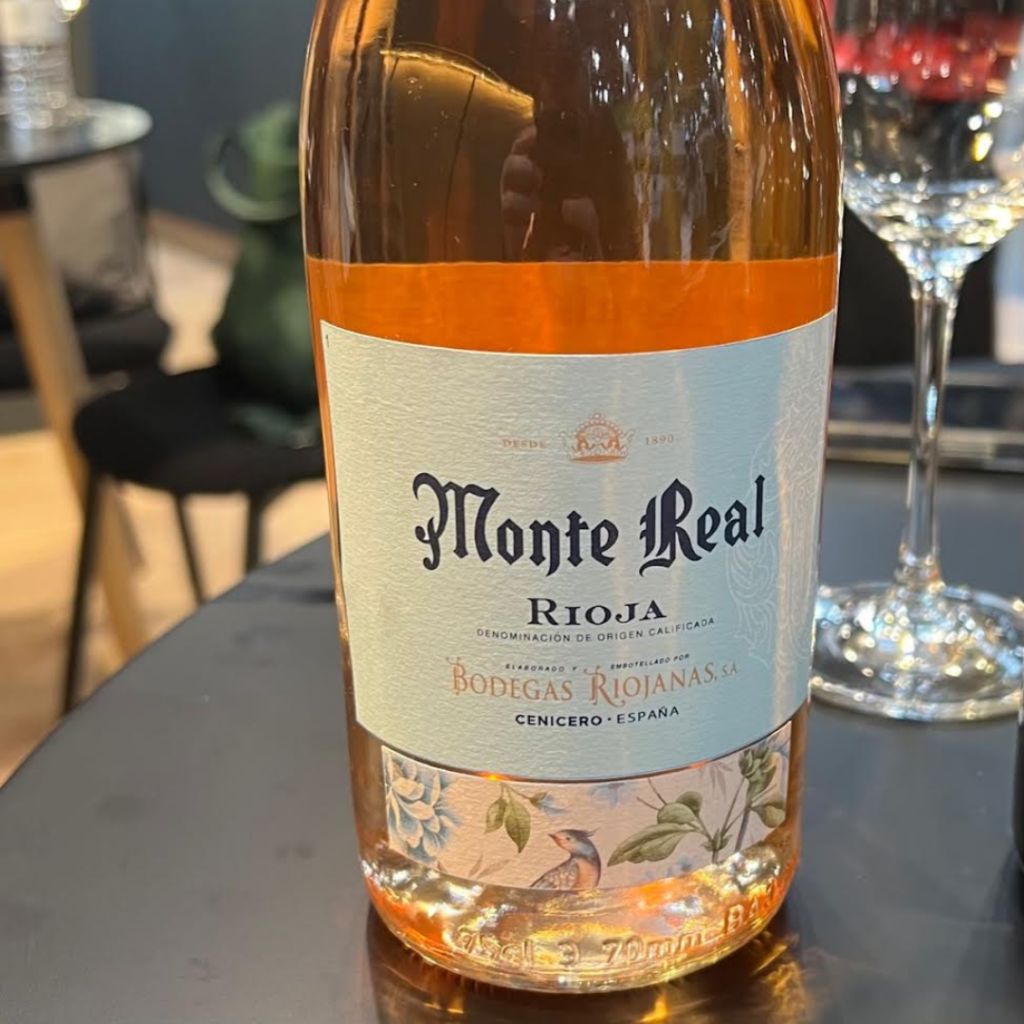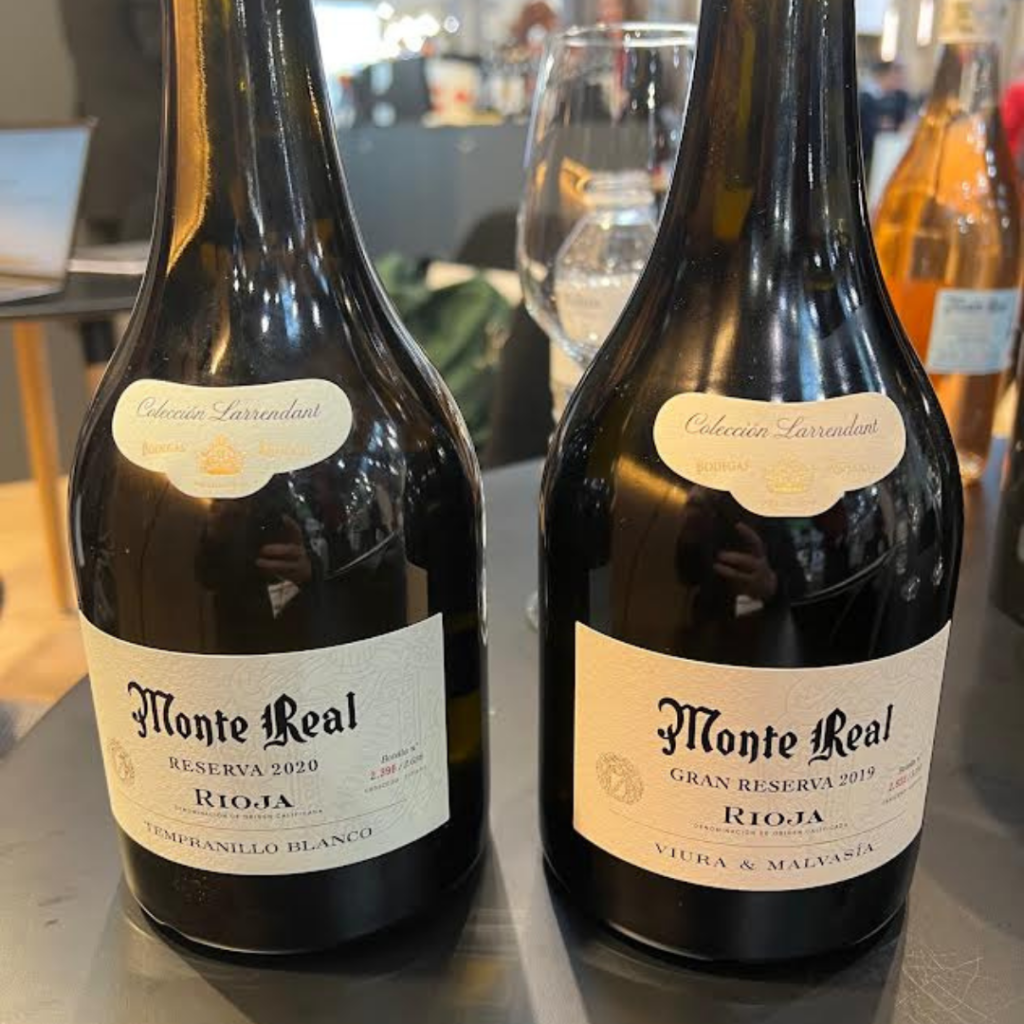News
Bodega Riojanas Takes Proactive Measures to Tackle Climate Issues
In a recent interview at this year’s Prowein with Bodegas Riojanas’ Director General, Eduardo Saínz Marotías, the topic of climate change took center stage.
Saínz Marotías highlighted how climate change poses the biggest challenge for winemakers today, impacting harvest times due to shifting weather patterns and rising temperatures.
In the interview he highlighted the ways that Bodegas Riojanas is taking proactive measures. They are relocating to higher altitude plots and cooler vineyards while also exploring grape varieties better suited to the changing climate.
“We are exploring opportunities to plant in areas at higher altitudes to adapt to these challenges,” Saínz Marotías explained, emphasizing the ongoing demand for adaptation in the industry.

Recognizing the urgency of climate change, Bodegas Riojanas has already obtained sustainable certification through the Wineries for Climate Protection program. Saínz Marotías described how they earned the Sustainable Wineries for Climate Protection (SWFCP) seal, aligning with the UN’s Sustainable Development Goals and encompassing various sustainability criteria.
One notable sustainability initiative undertaken by the producer is Sostevin, aimed at mitigating climate change effects in vineyards and wines. This includes installing solar panels, enabling the self-supply of 45% of total energy consumption in Cenicero throughout the year. Additionally, sustainability and parcel quality indices have been incorporated into grape payment invoices to incentivize growers to adopt sustainable practices.
Saínz Marotías stressed the importance of transparent communication about the producer’s sustainability efforts to build consumer trust and ensure transparency.
“It’s crucial to communicate truthfully through social media and various channels. Transparency is key in meeting consumer demands,” he emphasized.
Established in 1890, with a rich family legacy dating back to 1799, Bodegas Riojanas boasts iconic Rioja labels, including Viña Albina and Monte Real. Beyond Rioja, the company manages four complementary estates, expanding its portfolio.
With over 300 hectares of vineyards predominantly in Cenicero, San Vicente de la Sonsierra, and neighboring areas, Bodegas Riojanas cultivates Tempranillo, Mazuelo, and Graciano grapes on clay-limestone soils of Miocene origin.


Exciting new releases are on the horizon, including the brand’s first rosé under the Monte Real label, aged Rioja white wines, and a Reserva 2020 this month. Saínz Marotías expressed confidence that the freshness of the rosé would complement the existing wine collection.
Regarding market trends, Saínz Marotías acknowledged the evolving preferences of younger consumers, emphasizing the company’s commitment to balancing tradition with innovation to meet changing consumer demands.
“While low-alcohol wines aren’t permitted under the Rioja DO, we are closely monitoring market trends and demand,” he noted, reflecting the company’s dedication to staying responsive to consumer needs.
Click here to find a bottle of Rioja near you.
Images courtesy of The Drinks Business
